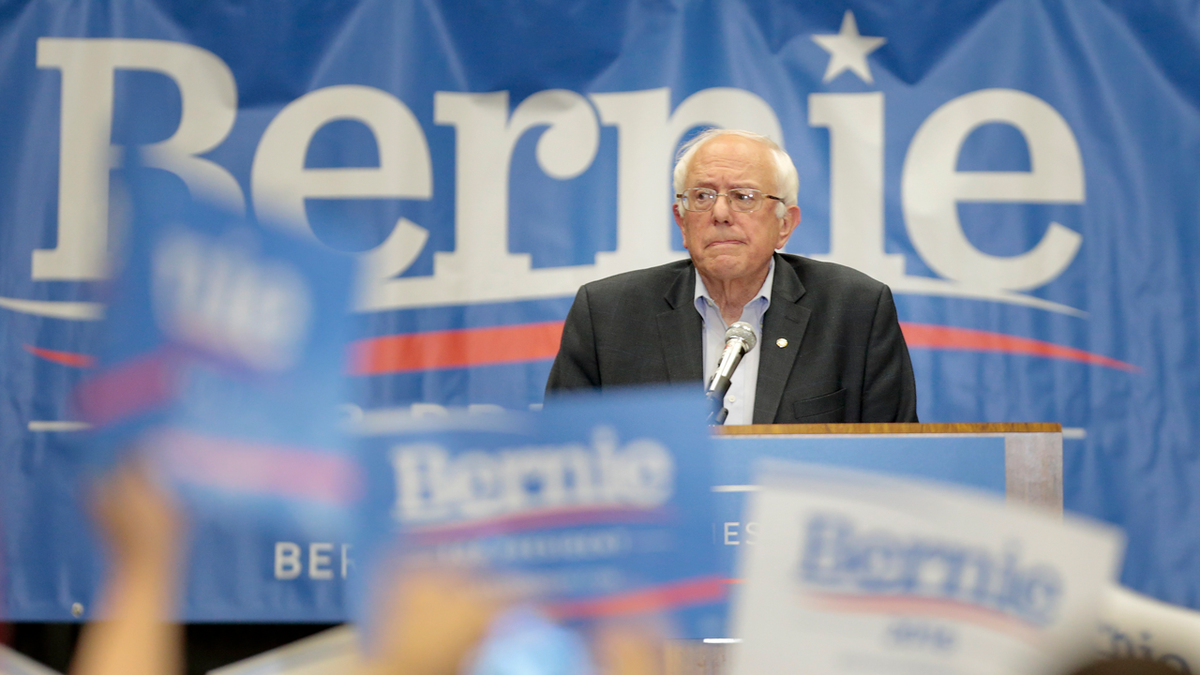
There was a time in American politics when the term “socialism” conjured up images of the Cold War, the U.S.S.R, Joseph Stalin and Karl Marx, nuclear threats, government domination of private industry and gulags. For most Americans who came of age during the height of the Cold War, who remember being taught to hide under their desks at school, socialism – like communism – has long been a dirty word.
But, as the popularity of Bernie Sanders shows, that is no longer the case – especially when it comes to millennials, for whom socialism has a whole new meaning.
Sanders has run a far more competitive primary campaign against Hillary Clinton than anyone thought possible. He not only trounced her in the New Hampshire primary, but he came in a very close second in the Iowa caucuses. He has raised millions in small donations and is drawing crowds that in size and enthusiasm are second only to Donald Trump’s.
What is perhaps even more shocking is that Sanders is a self-described “Democratic Socialist” who, far from running from the label, has embraced it. As he told The Nation, “I’m not afraid of the word.”
He later gave a speech at Georgetown University where he defined and explained the term: “Let me define for you … what democratic socialism means to me. It builds on what Franklin Delano Roosevelt said when he fought for guaranteed economic rights for all Americans.”
Sanders seems to be on to something. The latest polls show that rather than rejecting the term, Democratic voters are embracing it.
A poll commissioned by the American Action Network finds that almost 60 percent of likely Democratic primary voters believe socialism has a “positive impact on society.” This is particularly true among voters 45 and younger, who prefer socialism to capitalism by 46 to 19 percent, as well as those 46-55 who prefer it 48 to 22 percent. These findings are in line with other polls, including a survey of likely Democratic primary voters in Pennsylvania which found that approximately 70 percent have a favorable or somewhat favorable view of socialism. Similarly, a Bloomberg Politics/Des Moines Register poll taken in early January found that more Iowa Democratic caucus goers identify as socialist (43 percent) than capitalist (38 percent).
One question these polls raise is: What explains the sudden popularity on the left of a term that was once forbidden? Part of it may have to do with the way the term is defined and understood by younger generations of Democrats.
Far from equating socialism with communism (something that was once so common, even Karl Marx and Friedrich Engels used the terms interchangeably), today the term is much more closely associated with the notions of democracy, equity and justice. As Sanders often says, an increasing number of Democrats now see democratic socialism as the path to creating a more just and equitable society.
In making this case, Sanders often harkens back to FDR: “[Roosevelt] saw one-third of the nation ill-housed, ill-clad and ill-nourished and he acted, against the ferocious opposition of the ruling class of his day. … Roosevelt implemented a series of programs that put millions of Americans back to work, took them out of dire poverty and restored their faith in government. Almost every program he produced, every idea he introduced, was called socialist.”
Despite being its current and most popular proponent, Sanders did not invent this notion by any means. In 1962 Michael Harrington published “The Other America,” in which he argued that the problems of the American “underclass,” defined by poverty and inequality, were the result of an unregulated capitalist system, and that they could be solved only by a government that redesigned and refocused itself to promote equality and social justice.
Harrington’s work was not only a precursor to Lyndon Johnson’s “Great Society,” but it had a profound impact on Martin Luther King and many others.
Also, it is eerily similar in tone and rhetoric to the arguments Sanders is making today. And without question – in the aftermath of the 2008 economic recession, years of war and the Occupy Wall Street movement, among other things – it is a message that resonates with many on the left who, like those on the right, feel America is on the wrong track. And for whom the notion of a socialist state does not conjure up Stalin, Marx, the Bolsheviks, gulags and state-control of production, but rather economic equality and social justice in – as Sanders likes to say – the European sense.
